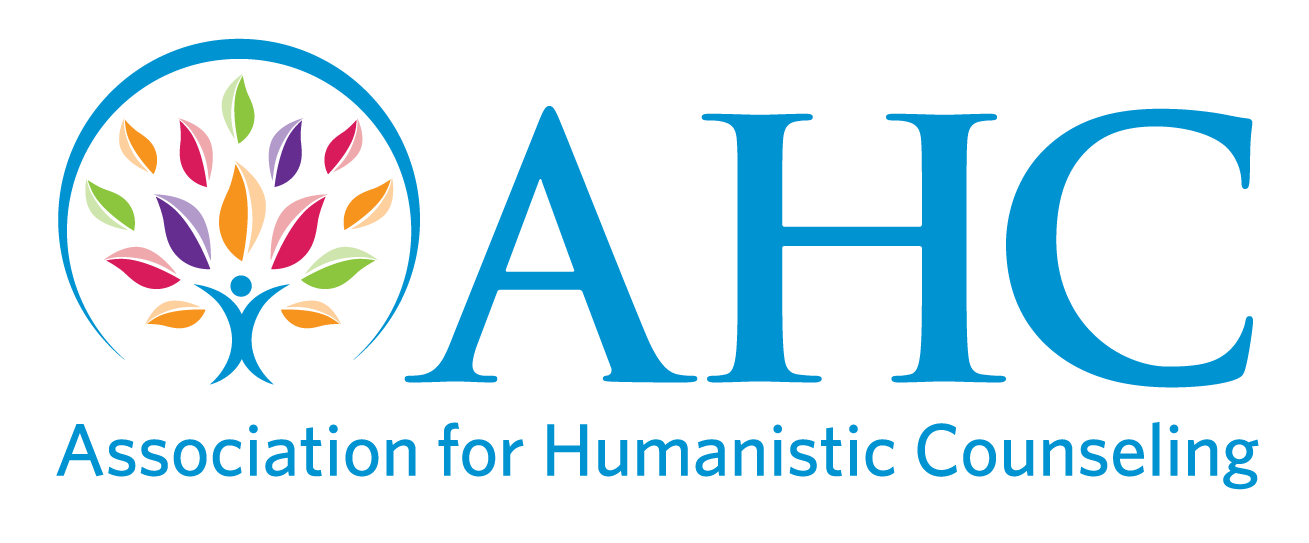Humanism, Humanitarianism, and Human Rights
Dr. Claire Openshaw and Dr. Judy Daniels
The news headlines are a constant reminder of the many critical and complex issues that we currently face. Some of these issues include raging wildfires, drought, and other disasters resulting from climate change; racism and numerous other systemic injustices; and of course the Covid-19 public health crisis which is causing global turmoil. The unemployment rate within the United States is currently at 6.7%, with a total of 21 million people unemployed. These social problems impact psychological stability, individual and community wellbeing, and the future economic viability of many communities. Looming large-scale concerns like these can easily become overwhelming for our clients, and the resulting psychological distress can manifest and impact our communities in multiple ways.
Humanistic counselors are needed, now more than ever, as they are in a pivotal position to help clients and communities face these psychological hardships and uncertain economic times. By focusing on authenticity, dignity, and the gifts of human potential, counselors can help clients deal with isolation, anxiety, depression and the struggles that have plagued humans since our existence. Exploring with clients’ the human rights issues and contextual barriers that are contributing to their distress can help them find strategies for empowerment and understand how larger issues are impacting their lives.
The American Counseling Association’s (ACA) Human Rights Committee (HRC) wants to support counselors in addressing human rights issues that are impacting clients and the communities that they serve. The mission of the HRC is to bring awareness to human rights and social justice issues that impact clients and the broader counseling profession and address those barriers that impede human rights and wellness. Human rights issues can include injustices within the criminal justice system, racism and police violence, human trafficking, women’s inequality, child abuse, gender violence, gender and affectional orientation matters, health care disparities, the climate crisis, and the pervasive impact of discrimination, to name a few.
Human rights issues that are impacting AHC members and their clients are numerous and can be addressed through many intervention approaches including individual counseling, group therapy, institutional change, and/or societal policy initiatives. First and foremost, it is imperative that counselors make themselves aware of available resources and support services, so that they can empower their clients with relevant information. The ACA Human Rights Committee is currently working on a special section of the ACA website that will focus on human rights issues and specific resources for counselors to work with their clients and communities. One example of a recently developed resource on mental health and climate crisis can be found at: https://www.counseling.org/docs/default-source/center-resources/climate-change-fact-sheet.pdf?sfvrsn=83c7222c_2.
This resource enables humanistic counselors to acquire a more in-depth understanding of climate issues and its impact of clients and communities. Humanistic counselors are in a unique position to work on this issue because of their ability to help clients with a strength-based approach that focuses on nature related values, self-awareness and actualization, proactive choices, and utilizing strengths to mitigate disaster and climate mental health challenges. Given the recent devastation and trauma caused by wildfires and weather related disasters the HRC hopes that these resources are helpful for humanistic counselors.
Beyond individual counseling, therapists can also work on human rights issues by connecting with community programs to offer assistance. This can include providing, crisis support services to communities in need, sliding scale community mental health services, and/or psychoeducational trainings. To be able to make an even broader impact, counselors could advocate at a local or state level, whereby they can engage in much-needed policy reform. An example of a climate crisis group that counselors can get involved in at this level is former president Al Gore’s organization called the Climate Reality Project.
Humanistic counselors have so much to offer their client communities by integrating humanitarianism and human rights into their work. For more information on this topic please contact the human rights committee through Drs. Daniels and Openshaw:
